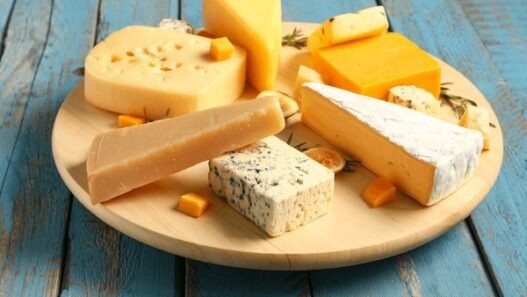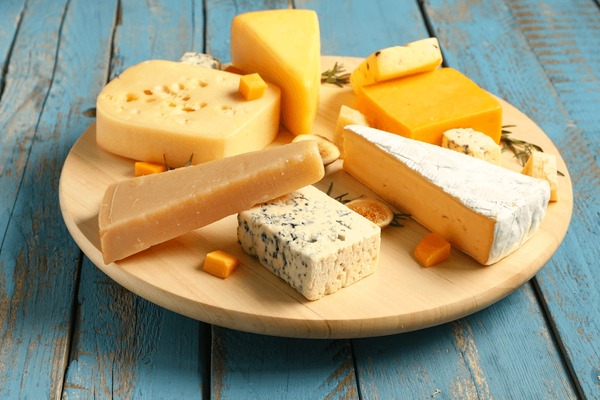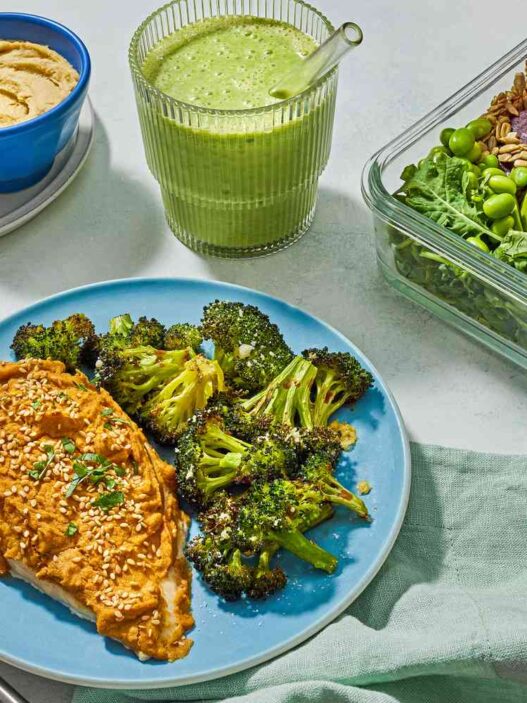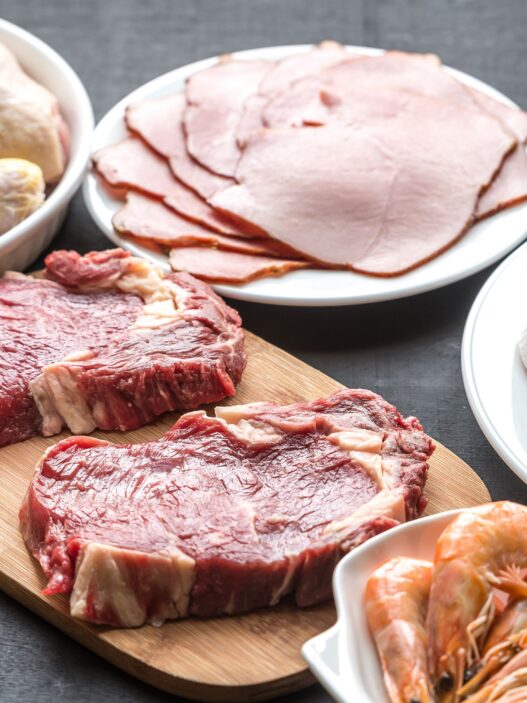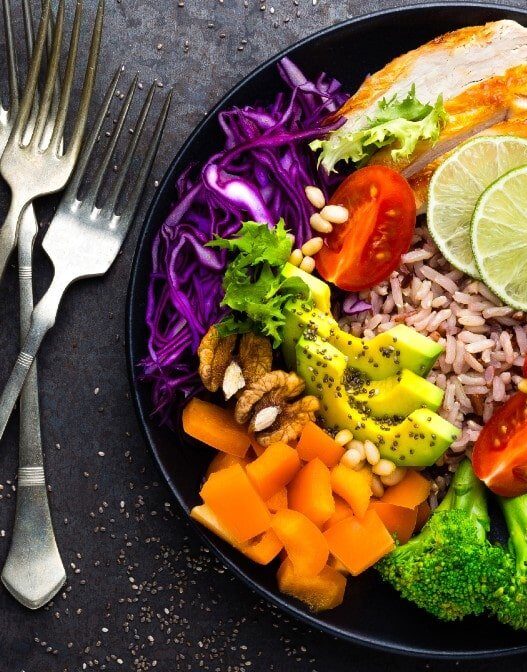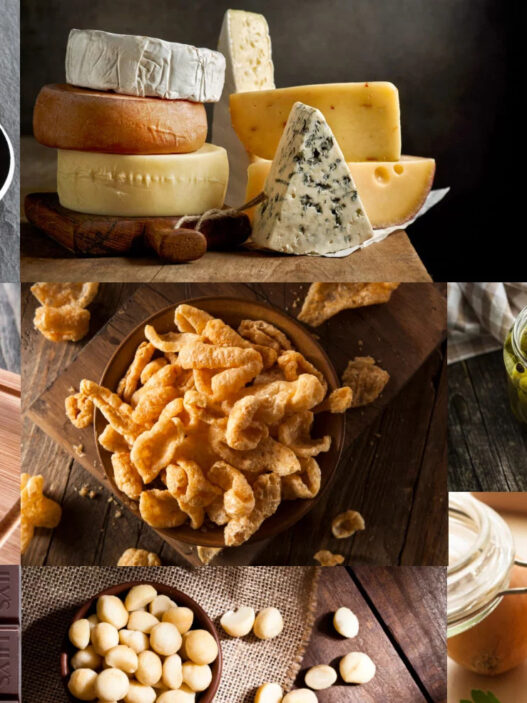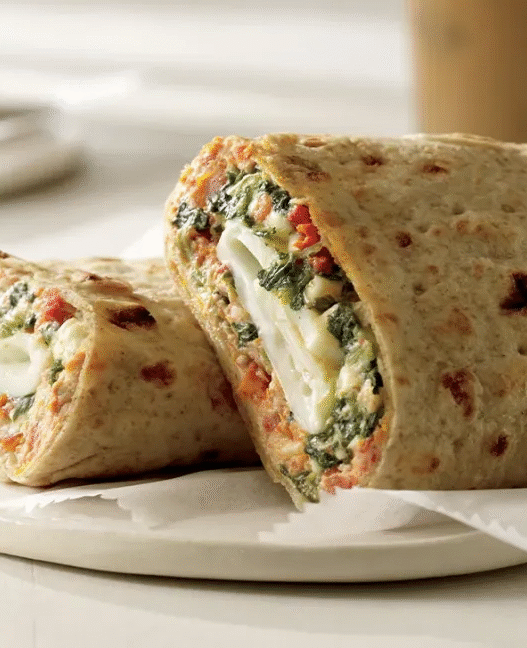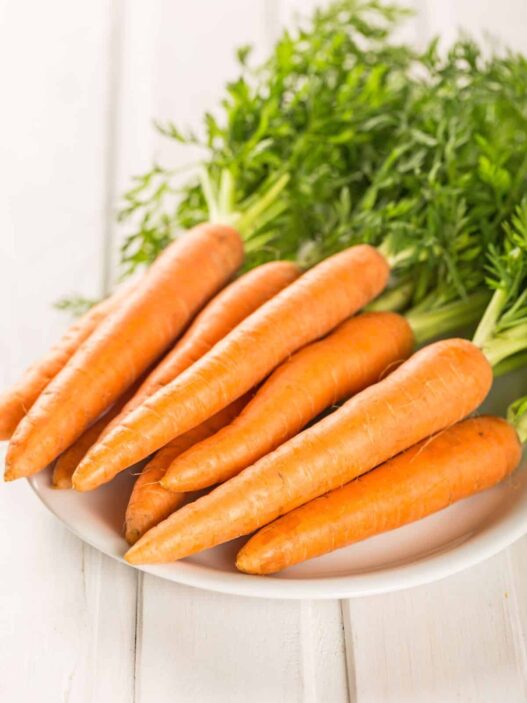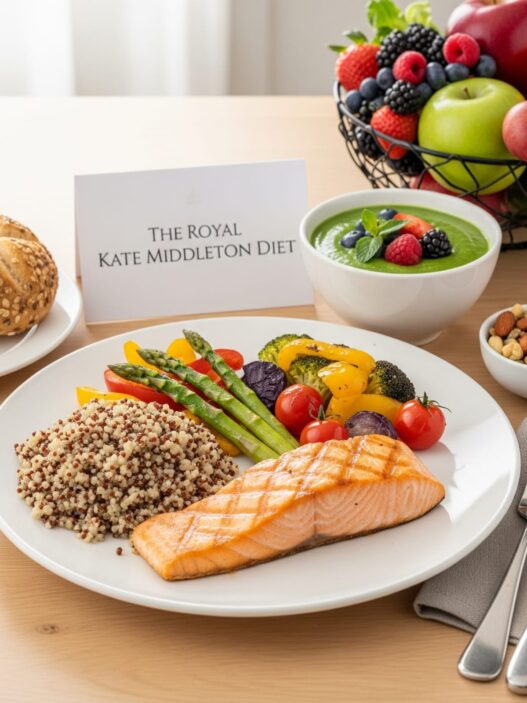Keto cheese is one of the most versatile and fulfilling foods you can eat while on a ketogenic diet. Cheese is a great source of fat and protein, which is perfect food to include on the keto diet.
However, not all cheese is equally friendly, and some can contain high amounts of carbohydrates that make it hard to stay within the diet limits. The great news is that there are many options of keto cheese that will work in this diet due to high fat and low carbs macros.
Some cheeses have very few carbohydrates, with many options containing less than 1 gram of carbs per serving and immoderate in fats with 6-nine grams everyday with serving.
Some cheese varieties, such as blue cheese and goat cheese, are higher in carbohydrates, so be sure you consume these varieties in moderation. When following a keto diet, be very mindful of serving sizes when eating cheese, you can easily overshoot your daily calorie limit and over indulge.
What Is The Keto diet?
The ketogenic diet is a low-carb diet that substantially reduces carbohydrates. People that do the keto diet seem to lose weight by changing food restrictions. It appears to be a short-term diet. Carbs aren’t completely off the table, but they need to be in serious deficit for one to attain ketosis.
Does Cheese Fit In The Keto Diet?
Cheese is keto and yes, goat cheese is included in a ketogenic (keto) diet. Healthy fats are fundamental to keto diets, and goat cheese is healthy, low lactose and minimally processed, making it an ideal food for keto dieters.
Goat cheese can upload healthy fat to a keto salad, or you can also use one in every of our sparkling cheeses in a keto omelet.
The Best Keto Cheese Options
Goat Cheese
Goat cheese is one of the most popular sorts that is 0 carbohydrates, giving it a particular skip for the dietitians for a keto healthy diet/weight-reduction plan. It is also a great source of fat (8.45 g) and protein (6.12g) per 1 ounce serving.
Goat’s milk has shorter fat molecules as compared to cow’s milk, which means goat cheese incorporates a great deal less lactose. Goat’s milk has shorter fat molecules compared to cow’s milk, which means goat cheese contains much less lactose. Because of that, it’s much easier to digest.
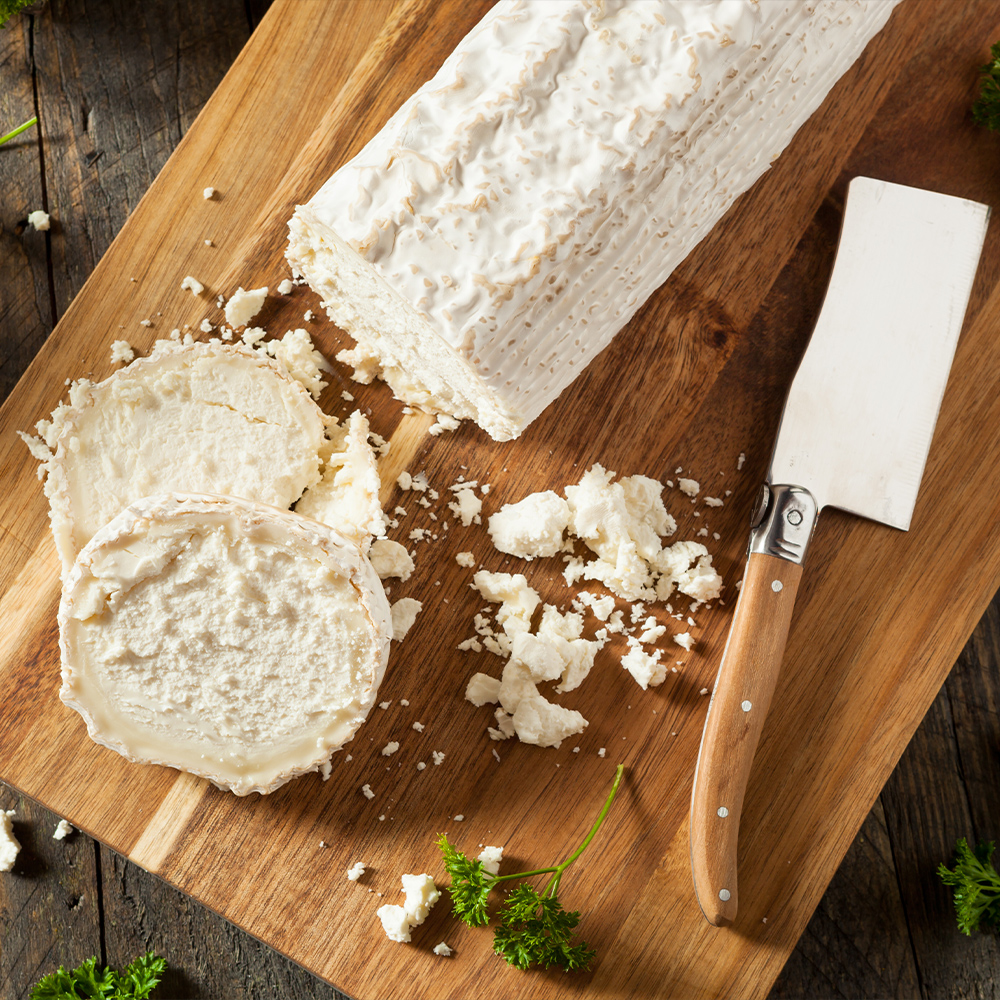
Blue Cheese
Even though it’s not completely carbohydrate-free, dietitians say you can still eat blue cheese on the keto diet. One slice of blue cheese (21 grams) contains less than 0.5 grams of carbohydrates, 4.49 grams of protein, and 6.04 grams of fat. Blue cheese has a lot of flavor, so you can include it to introduce character into your keto meals.
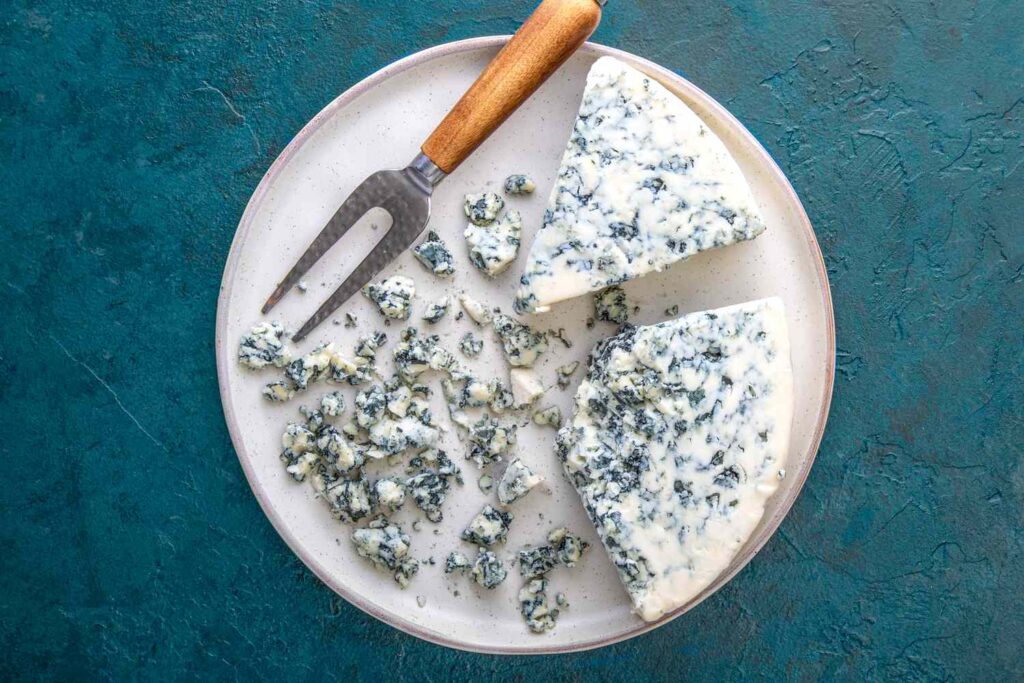
Parmesan Cheese
Parmesan cheese is so loved by using many keto dieters to add taste to keto food. It gives the dish a hint of salty and nutty flavor. It’s a favorite of keto practitioners for nonstarchy vegetables and salads.
One tablespoon of parmesan cheese, which is about five grams, contains 1.39 grams of fat, 1.42 grams of protein, and nearly zero point six nine five grams of carbohydrates.
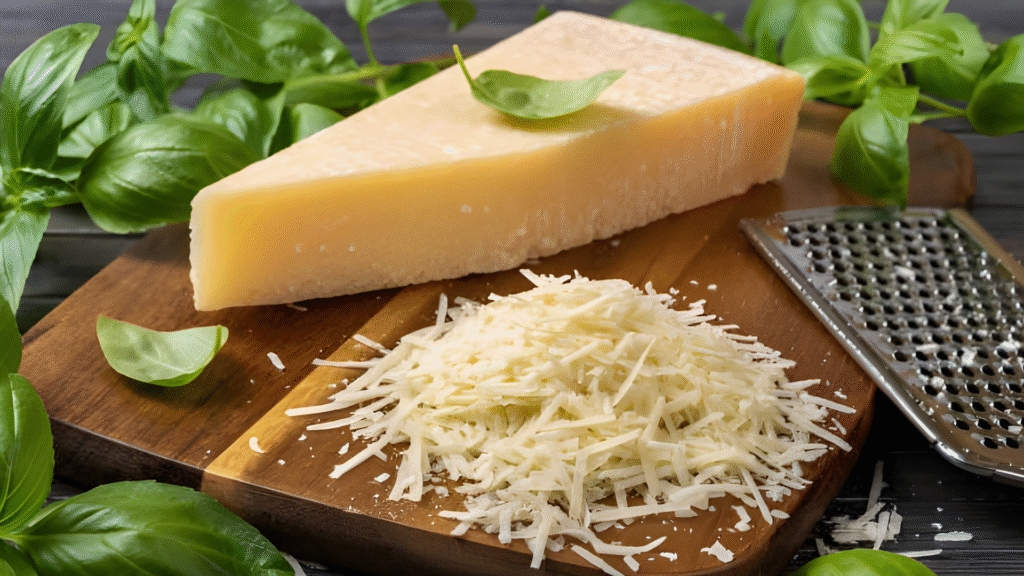
Cream Cheese
Cream cheese is a popular staple for keto dieters, some use it only for flavor in keto meals or snacks, while others include it regularly to increase fat intake when needed to meet their daily macros. One ounce of cream cheese has 8.11 grams of fat, 2.01 grams of protein, and 0.992 grams of carbohydrates.
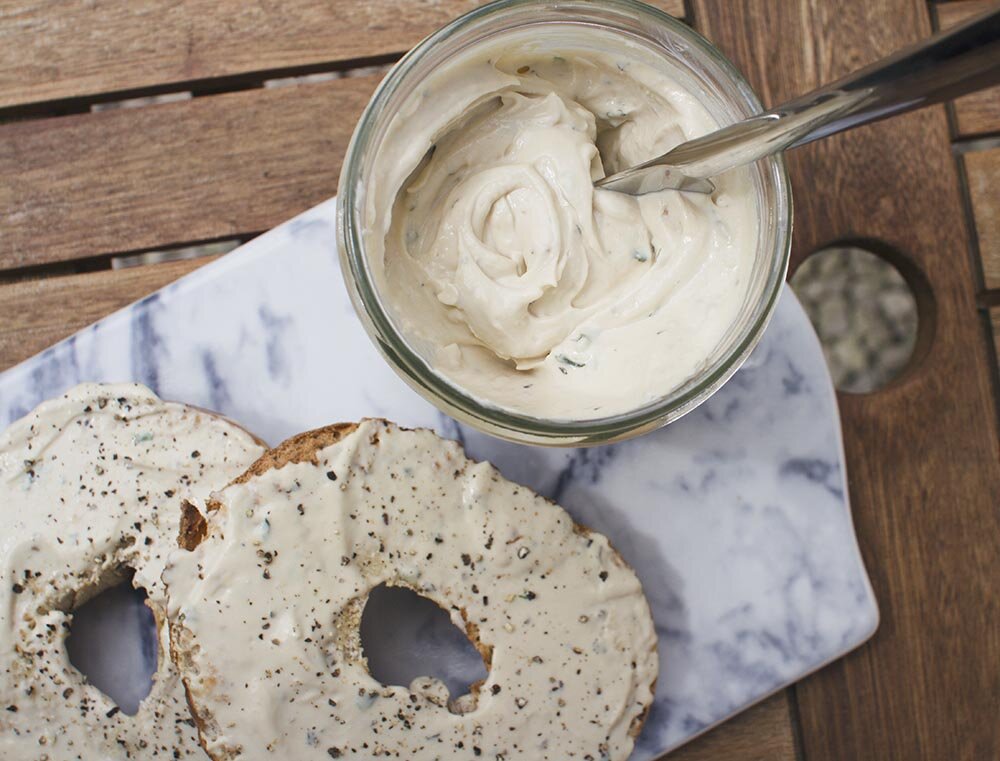
Benefits of Cheese on the Keto Diet
Not only is cheese keto-friendly, but cheese has also been linked to health benefits that make it an excellent choice to complement the keto diet.
Cheese is relatively nutritious, providing healthy amounts of essential vitamins, fat-soluble vitamins, nutrition D, and calcium – all vital for right fitness.
Cheese is also naturally occurring in conjugated linoleic acid (CLA), which is a fatty acid identified for its anti-inflammatory properties and potential to assist someone in losing weight.
Keto diets including cheese produce greater weight loss than the same number of calories consumed on a high carbohydrate-low fat diet.
Cheese is very fatty and high in protein, resulting in satiation for hours.
Strategies For Eating Cheese On The Keto Diet
Here are a few strategies for eating cheese while on the keto diet:
Choose Keto-Friendly Cheeses
Look for low-carbohydrate, high-fat cheeses still in the upper-end of acceptable by keto standards, cheddar, mozzarella, and brie.
Portion Sizes Matter
Cheese is calorie-dense. Take note portion sizes and don’t go wild.
Pair cheese
Pair cheese with other low carbohydrate items-Cheese and vegetables make a great keto meal.
Stay Away From Processed Cheeses
Processed cheese, American cheese, cheese spreads, are going to have added sugars and other ingredients that make them high in carbohydrate. If you can, stick to as much natural cheese as you can.
Consider Non-Dairy Cheeses
If dairy is not agreeable to you, the dairy free cheese options are myriad and a lot are considered keto, like cashew cheese and almond cheese.
Cheeses You Should Limit Or Avoid
Some cheeses may be less keto-friendly as they are higher in carbs.
- Cottage cheese (3-6 grams of carbs per serving)
- Ricotta cheese (3-4 grams per serving)
- Processed cheese slices or spreads (which have added starch and sugars)
Conclusion
Cheese can be a nice addition to a keto diet, as long as you are eating the appropriate types of keto cheese and in moderation. Natural cheeses, such as blue cheese goat cheese, parmesan, and cream cheese are ideal because they are low carb and high fat and support ketosis.
Cheese not only supports ketosis, but it also provides other nutritional benefits, such as having the right nutrients and promoting health and satiation.
You may mix your favorite keto dairy cheese with nuts and completely skip the carb rich cottage cheese, cheese spread, and ricotta cheese. Other foods to improve your keto diet and promote your general health include vegetables. Keto cheese may be among the most delectable and nutritious meals on your keto path if you use the right amount.






